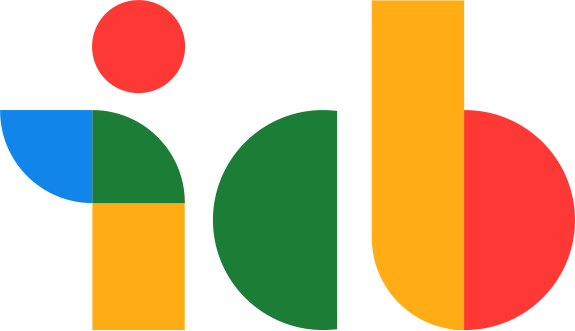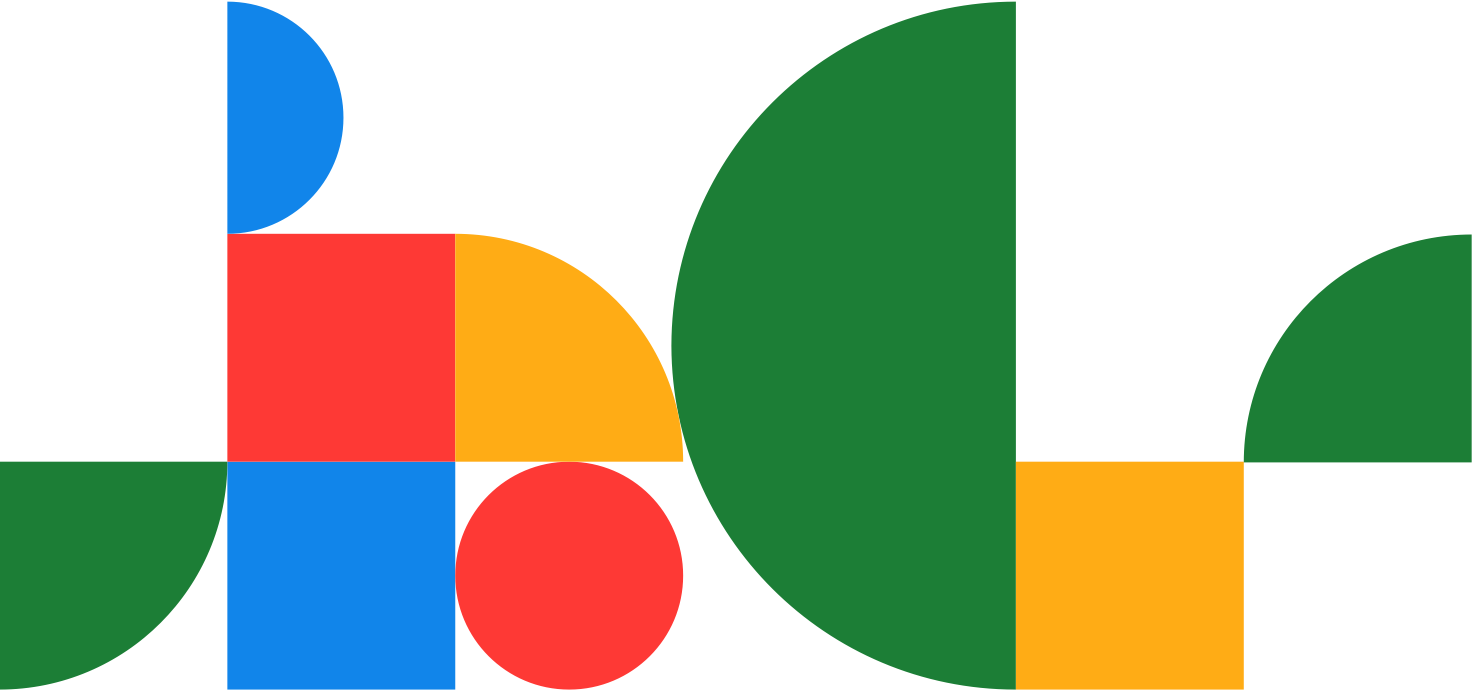About
Screen readers are software programs that convert on-screen text, images, and interface elements into synthesised speech or Braille output, enabling users with vision impairments to navigate and interact with digital content. These tools provide auditory feedback for everything from emails and documents to website navigation and system functions. Most modern operating systems have built-in screen reader functionality, and specialised programs offer more customisation and support for complex tasks.
Screen readers are essential for creating inclusive digital environments, allowing people who are blind or have low vision to access the same information and perform the same tasks as their sighted colleagues. They also help users stay connected and independent in the workplace.
Costs and Funding
Screen readers can range from free (e.g., NVDA, VoiceOver, Windows Narrator) to commercial products (e.g., JAWS) which may cost up to several thousand dollars, especially if Braille display compatibility is needed.


